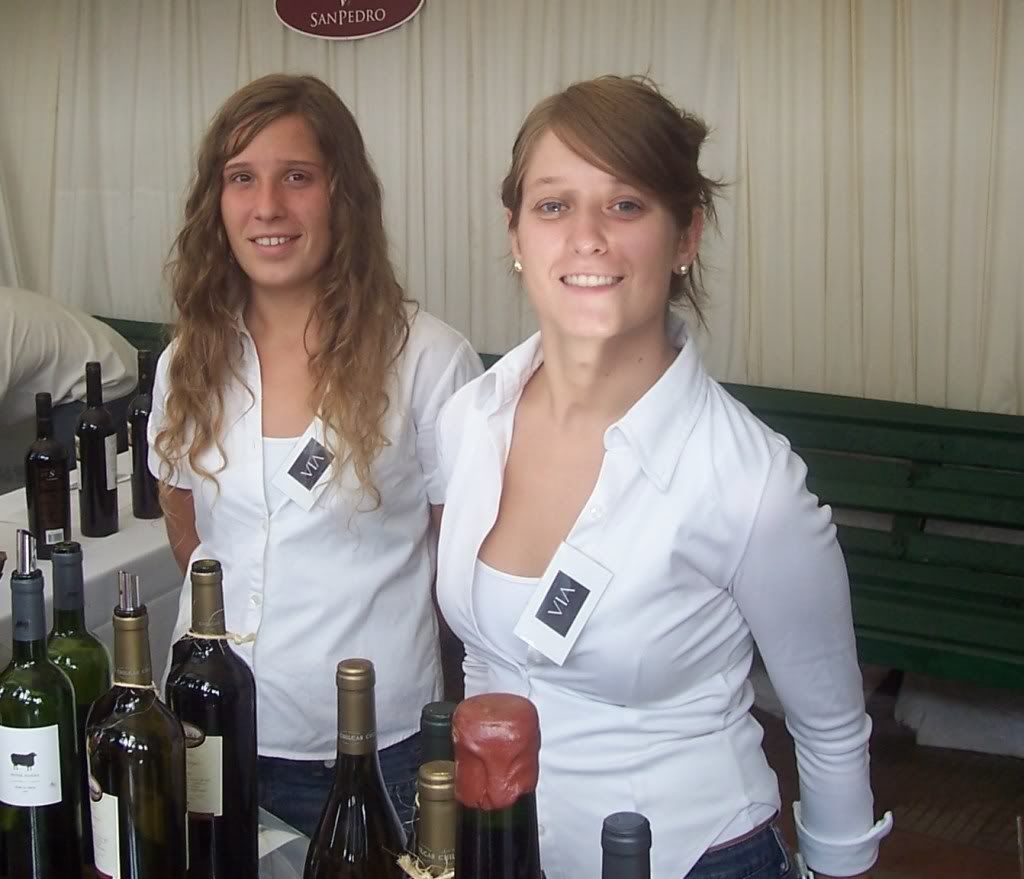Every few weeks a poultry auction is held at the Agricultural Enterprises auction lot on highway 29 South of Culpeper near Prince Michel Winery. This word “Enterprises” is perhaps too ambitious for this modest affair since it is no more than a barn with sawdust on the floors and wooden bleachers well polished by the rear ends of auction goers from many years hence. On this March 2nd day it was freezing cold outside and not much warmer inside since the auction building was really just a barn with hay on the floor and chickens, rabbits, guinea hens, doves, turkeys, and roosters piled atop one another in cages. Outside there were lots of metal stalls where cattle are ushered towards the auctioneers gavel. A lady with her child in a stroller stood in front of the only heat which was a propane jet. She parked her wide carcass there for hours and denied the rest of us any measure of comfort.
They called this affair a “poultry auction” but any small animal could be sold that day so there were young pigs, small goats, turkeys, doves, rabbits, and of course chickens and even chicken eggs both for eating and for putting in the incubator. Goats of all sizes and colors were penned up outside. A wagon full of pigs were bleeding in the ear their ears having just been pierced so that a tag could be inserted. Farmers lined up in their pickup trucks to drop off animals including one sheep with three horns that too was bleeding from the ear. Auction goers registered to bid by showing their drivers license and phone number where they picked up a number they could use to make bids.
A deeply tanned large fellow moved through the crowd barking for people to get out of the way as he pushed his way through with a wire cage full of pheasants. The auctioneer powered on his headset microphone, made introductory comments to the crowd, and asked parents to watch their children and not let them open the cages least the animals escape. One plump boy with red cheeks did exactly that and a raucous rooster darted across the floor where one of the men working there cornered him and picked him up with one deft move. Then another rooster preening for the hens rocked his cage back and forward and tumbled to the ground in a flurry of feathers.
Most of the men wore camouflaged jackets and their wives pullover sweatshirts and no makeup. Obviously these women did not care whether the paparazzi were there to snap their picture today or not. With their hunting regalia these men might have spent the morning hunting deer except that deer season is not open in March—it was simply what they preferred to wear. In rural
The people here were genuine country folk who had come out of the various hollows and hills, farms and small towns in Culpeper,
I have never known hunger and when I need something I buy it. I have never bought anything on layaway or taken a payday loan or borrowed from a pawn shop. I have never been without health insurance or driven a car whose broken window is taped over with plastic because I did not have money to buy a new one. I’ve never been to a laundry mat where those who cannot afford $600 to buy their own washer and drier wash their soiled undergarments in full view of others. But here in this crowd some of these people probably have done a lot of these things.
I sat there feeling guilty for harboring these emotions. Yet at the same time I felt a kind of elation that my journey into this aspect of agriculture had brought me in touch with people for whom this was not just some idle hobby. These were working men and women many of whom had farms who had brought some of what they raised for sale here today. There were not the weekend hobby farmers and absentee landlords whose rolling acreage are not given over to corn and hogs but expensive horses or exotic animals like zebras who eat expensive hay some of it trucked in from the Midwest--most of the fescue grass growing here is scarcely digestible to anything but the lowly cow. One old man who moved slowly with a cane complained that the average people here can no longer afford the land. So they work as mechanics, mowing lawns and planting bushes, clerks in retail, at the hospital, in any sort of job to pay for their part-time farming while their real dream is to work as farmers or simply live in the country.
I sat next to a fellow who I was pleased to find out was a fellow goat farmer: David Jenkins. Mr. Jenkins was eager to talk about his goat business and I was eager to listen since I still had not figured out how to make a profit in this business nor had any other goat farmer I had talked to.
I had noticed his wife had bought some guinea hens and some doves. He told me she kept the doves because she liked to and the guinea hens were noisy watchdogs. If you have never heard a guinea hen their call is piercing and horribly loud. The hens were the only thing in the room louder than the auctioneer and someone reached down and turned up his volume so we could hear. Mr. Jenkins told me that, “Everything on the farm has a purpose”. The guinea hens were loud and raucous during the day to keep predators away from his goats. But the guineas hens at night flew up in the trees to roost which was when his gaggle of geese came on patrol with their noisy honking. He also kept donkeys which have a natural dislike of dogs. He kept tall llamas too because they also made good guards. And like myself he had a Great Pyrenees livestock guard dog for he said, “You need something in every paddock”.
I had begun to get over my guilt at looking at these proletarian people when Mr. Jenkins told me something that made my heart sank. I had felt this same emotion when I read the final scene in John Steinbeck’s novel of poverty “Grapes of Wrath”. He told me I would be surprised how many of these people were buying these animals for food—as for myself I had come to buy my son a pet rabbit, I did not need any more chickens and certainly none to cook. It seemed rather pathetic that people would have spent so much time out in the cold to buy a few chickens or a few dozen eggs on the cheap when it would have simpler to buy them at the grocer. Finally after 6 hours of waiting the auctioneer got around to the rabbits and I bid $10 and we left. The next weekend the auctioneer’s automatic dialer called my home phone to tell me of another auction. I guess serfs do not have email.









5 comments:
As a Culpeper "serf" who regularly crawls out of her "hollow" to take part in local auctions (without make-up! How proletarian of me!), I daresay Dostoyevsky wouldn't have wasted ink on a character as superficial as yourself - except perhaps to describe your spoiled uselessness in the middle of a Russian winter as you searched out a laundromat for your soiled britches.
Class cannot be purchased, and I guarantee you that the "pathetic" farmers you so callously described have a good deal more of it than you.
Yeah I agree with Anonymous, if you were so much higher, classier and smarter than those people there and involved with that auction, you'd think you could actually spell poultry correctly. Hmph, guess us "serfs" (what a ridiculous word to use, this isn't the dark ages in Britian by the way) might have a leg up after all. Ten bucks this fool is either a yankee from New York or went to UVA, what a waste of life.
This has to be a joke, right? Let us hope.
"written in the style of The Atlantic and New Yorker magazines."
Ummm, no. No it isn't.
"This is no ordinary blog..."
Yes it is, it's yet another delusional, self-serving dollop of Look At Meeeeeee!
Good grief, leading a spoiled existence does not make you better than those who work their asses off to do what they love and make ends meet too.
Ass indeed...
Wow. I have rarely read a more pompous screed. You sir, are a spoiled rotten jackass with no respect for the people who work to produce the things you eat. Please, for the sake of the rest of us, never leave your Ivory Tower again.
Post a Comment